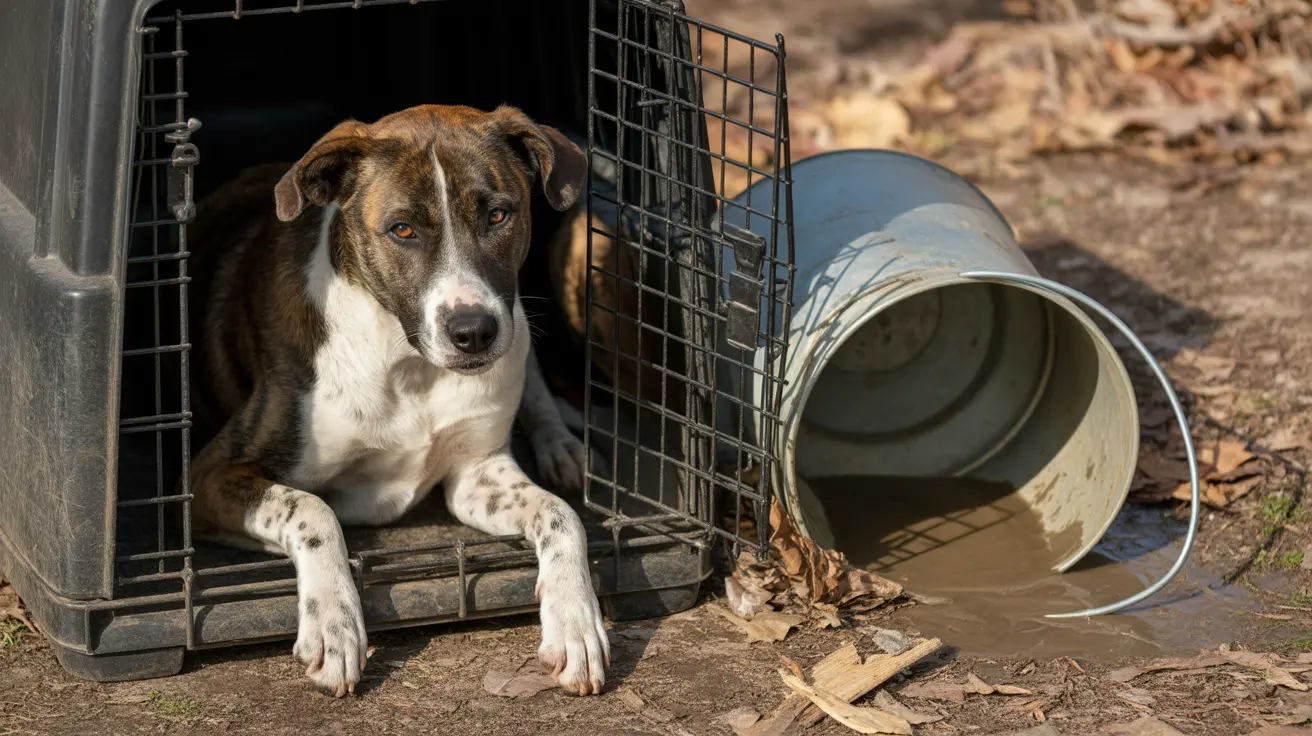A troubling discovery at a Delaware animal rescue has led to serious charges against its founder, highlighting concerns about proper animal care standards and oversight in the state. The Office of Animal Welfare discovered nearly 100 animals living in overcrowded and unsanitary conditions at a property operated by Mark Ptomey, the founder of Pets and Wildlife Sanctuary, Inc.
The case has drawn attention to the critical importance of maintaining proper standards in animal rescue operations and the role of regulatory oversight in ensuring animal welfare. This incident represents a significant breach of Delaware shelter standards law and has prompted discussions about the need for stricter enforcement of animal care regulations.
Details of the Investigation
The investigation revealed numerous violations at the Delaware-based animal rescue facility. Animals were found confined in dirty, overcrowded cages, creating conditions that fell far below acceptable standards for proper animal care. The discovery led to immediate action by authorities, resulting in criminal charges against the sanctuary's founder.
Animal Welfare Enforcement Response
The Office of Animal Welfare's inspection revealed multiple violations of Delaware's shelter standards law. The conditions discovered during the investigation demonstrated clear signs of inadequate care and potential animal hoarding, leading to enforcement actions against the facility operator.
Understanding Animal Hoarding Signs
This case highlights several common indicators of problematic animal care situations:
- Overcrowded living conditions
- Unsanitary cage environments
- Inadequate space for proper animal movement
- Failure to maintain basic care standards
Delaware Shelter Standards and Compliance
Delaware maintains strict regulations for animal rescue operations, requiring facilities to meet specific standards for:
- Animal housing conditions
- Sanitation protocols
- Space requirements per animal
- Regular veterinary care
- Proper documentation
Safe Animal Adoption Practices
Legitimate animal rescues in Delaware must follow established protocols for adoption procedures, including:
- Proper health screening
- Updated vaccination records
- Clean and appropriate housing
- Regular exercise opportunities
- Adequate nutrition
Reporting Animal Neglect in Delaware
The incident serves as a reminder of the importance of community vigilance in monitoring animal welfare. Delaware residents who suspect animal neglect or cruelty should report concerns to the Office of Animal Welfare for proper investigation and enforcement.
Frequently Asked Questions
What signs of animal cruelty or neglect should I look for when visiting an animal rescue?
Look for clean living conditions, appropriate spacing between animals, access to fresh water and food, and animals that appear well-groomed and healthy. Red flags include overcrowding, strong odors, dirty cages, and visibly distressed animals.
How can I verify if an animal rescue is compliant with Delaware's shelter standards?
Contact the Delaware Office of Animal Welfare to confirm if a facility is properly licensed and has passed recent inspections. Legitimate rescues should be transparent about their operations and willing to show their facilities.
What should I do if I suspect animal neglect at a local rescue?
Report concerns immediately to the Delaware Office of Animal Welfare. Document any observable issues with dates and specific details, but do not attempt to investigate independently. Allow proper authorities to conduct official investigations.
This case serves as a crucial reminder of the responsibility that comes with operating an animal rescue facility. While many sanctuaries provide excellent care for animals in need, proper oversight and adherence to established standards are essential for ensuring animal welfare. The incident underscores the importance of regular inspections and enforcement of animal care regulations in Delaware's rescue community.






